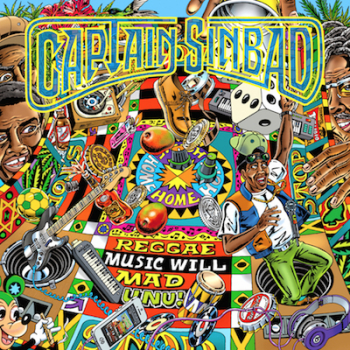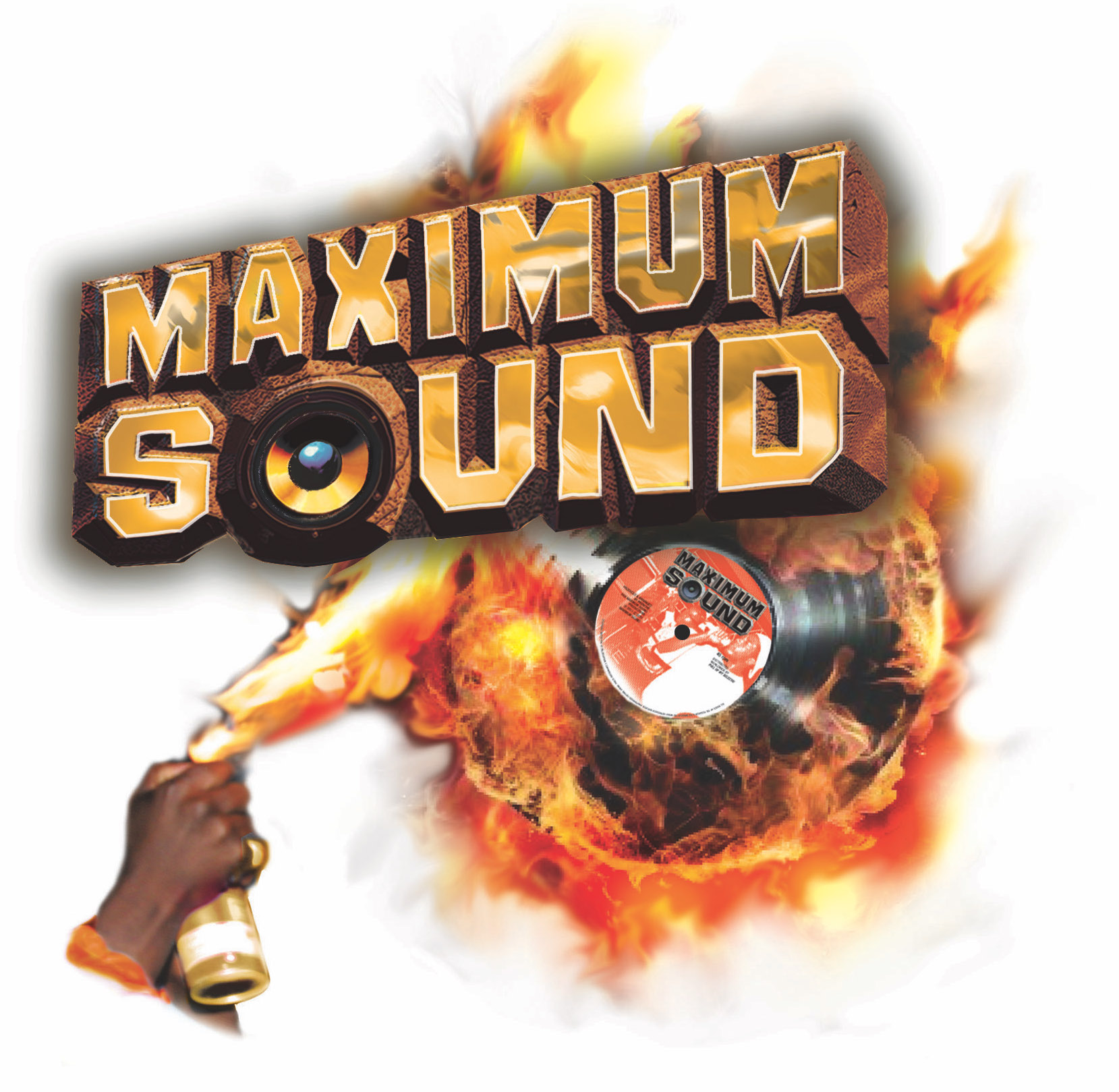 Reggae Music Will Mad Unu heralds the return of a legendary Jamaican pioneer from the early days of dancehall, when artistes like Yellowman, Sugar Minott and Barrington Levy dominated reggae charts in England and the Caribbean. Like them, Captain Sinbad made his reputation on local sound-systems before transferring his talents to the studio. By the time he started having hits he’d learnt his craft inside out, and the results can now be seen to have lasted a lifetime.
Reggae Music Will Mad Unu heralds the return of a legendary Jamaican pioneer from the early days of dancehall, when artistes like Yellowman, Sugar Minott and Barrington Levy dominated reggae charts in England and the Caribbean. Like them, Captain Sinbad made his reputation on local sound-systems before transferring his talents to the studio. By the time he started having hits he’d learnt his craft inside out, and the results can now be seen to have lasted a lifetime.
These are Captain Sinbad’s first recordings since the early eighties, and yet his lyrical skills and flow sound remarkably fresh. Whether telling his own story on the title track or paying homage to Jamaica’s rich musical heritage on Where The Rub-A-Dub Live he delivers his rhymes with rare conviction – helped by a selection of rhythm tracks that strike the perfect balance between old and new. Even the artwork brings to mind the days when Sinbad’s breakthrough album, The Seven Voyages Of Captain Sinbad, could be found in every reggae DJ’s record box.
That was in 1982, when the twenty-two year-old MC was recording for Henry “Junjo” Lawes at Channel One, and with Scientist at the control tower. Real name Carl Dwyer, Sinbad hailed from Three Mile – a West Kingston enclave that had taken over from Trench Town as Jamaica’s primary breeding ground for new talent. The son of a soundman, he was raised in local dancehalls and quickly seized his opportunity once Sugar Minott discovered him dee-jaying on Sound Of Silence; renamed him Captain Sinbad and then voiced him on songs like Hard Time Pressure and ’51 Storm.
From thereon stardom was a certainty, and for the next few years he was a major success in Jamaica and England. He recorded further songs for Junjo Lawes and also Dillinger, who was an early influence on him, whilst practising entrepreneurial skills of his own. Most notably after launching his own Youth In Progress and Explosion labels – home to hits by Little John and Anthony Johnson, among others. By the early nineties he’d retired as an artist, but produced one of the UK’s biggest ever lovers’ rock hits (John McLean’s If I Give My Heart To You) and became a major record distributor, in addition to releasing several best-selling rhythm albums on the Sinbad label.
Whilst little was heard from him publicly, he remained an important and well-respected industry figure behind the scenes. It was Frenchie of Maximum Sound who first coaxed him to pick up a microphone once more, and then unleashed him on a cut of Skateland Killer for Worldwide Rebellion in 2012. He and Frenchie had known each other for more than twenty years by that time. The two friends had even collaborated on the World Jam album for Greensleeves, which sold like hotcakes in the wake of Damian Marley’s Welcome To Jamrock. The reaction to Worldwide Rebellion and a follow-up single called Jamaica 50 was such that an album became inevitable. Frenchie duly summoned Sinbad to Sonic Sounds in Kingston, where Reggae Music Will Mad Unu was recorded. The results prove this masterful dee-jay has lost none of his powers, and that he remains just as relevant as when he first came to fame in his youth.
John Masouri . January 2013.
